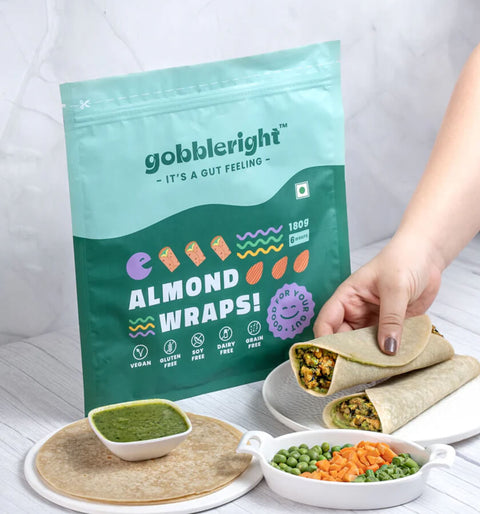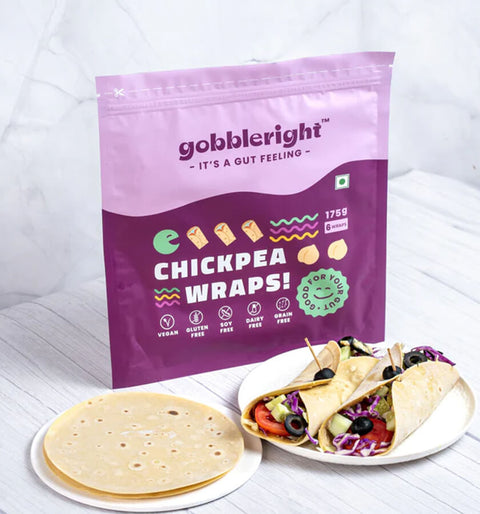Introduction
When it comes to sports and athletic performance, nutrition plays a crucial role in achieving peak results. For decades, athletes have relied on diets rich in animal products to meet their protein needs. However, the rise of plant-based diets has challenged the conventional wisdom that animal protein is the only path to success. In this blog, we'll explore the growing trend of athletes embracing vegan protein sources and why these plant-based options are more than good enough to fuel your athletic endeavors.
The Protein Myth
Protein has long been associated with animal-based foods like chicken, beef, and dairy. While these sources are indeed protein-rich, the idea that they are superior to plant-based options is a misconception. In truth, plant-based proteins can provide all the essential amino acids and nutrients needed to support athletic performance and recovery.
Vegan Protein Sources
- Legumes: Foods like lentils, chickpeas, and black beans are excellent sources of plant-based protein. They also provide fiber, which aids in digestion and promotes satiety.
- Tofu and Tempeh: Soy-based products like tofu and tempeh are not only rich in protein but also versatile and can be used in various dishes.
- Nuts and Seeds: Almonds, peanuts, chia seeds, and hemp seeds are packed with protein, healthy fats, and essential nutrients.
- Whole Grains: Quinoa, brown rice, and oats are whole grains that offer protein and carbohydrates for sustained energy.
- Leafy Greens: Vegetables like spinach and kale contain surprising amounts of protein while being low in calories.
- Plant-Based Protein Powders: There are many high-quality vegan protein powders on the market made from sources like pea, rice, hemp, and quinoa.
Performance Benefits of Vegan Protein
- Improved Recovery: Plant-based diets are typically rich in antioxidants and anti-inflammatory compounds found in fruits, vegetables, and nuts. These nutrients can aid in reducing exercise-induced inflammation and speed up recovery.
- Enhanced Digestion: Plant-based diets are often easier on the digestive system, reducing the risk of gastrointestinal distress during exercise.
- Reduced Risk of Chronic Disease: Vegan diets tend to be lower in saturated fats and cholesterol, which can reduce the risk of heart disease and other chronic conditions, allowing athletes to stay healthier in the long run.
- Sustainable and Ethical: Vegan diets are not only good for your body but also for the planet and animal welfare. Choosing plant-based proteins supports sustainable agriculture and reduces your carbon footprint.
Real-Life Success Stories
Numerous professional athletes have adopted plant-based diets and have seen remarkable improvements in their performance. Here are a few notable examples:
- Novak Djokovic: The tennis legend credits his plant-based diet for his incredible stamina and agility on the court.
- Derrick Morgan: This NFL linebacker adopted a vegan diet for ethical reasons and found that it helped him recover faster and stay lean during the off-season.
- Tia Blanco: The professional surfer says her vegan diet has given her sustained energy, improved focus, and better endurance.
- Scott Jurek: One of the world's most famous ultra-marathoners, Jurek credits his vegan diet for his ability to run long distances and recover quickly.
Conclusion
In conclusion, the myth that vegan protein is not good enough for athletes has been debunked by real-world success stories and scientific research. Plant-based diets can provide all the protein and nutrients necessary to fuel athletic performance while offering various health and environmental benefits. Whether you're a professional athlete or a fitness enthusiast, incorporating vegan protein sources into your diet can help you achieve your athletic goals while contributing to a more sustainable and compassionate world. So, why not give it a try and see the positive impact it can have on your sports performance and overall well-being?












 1800-889-9367
1800-889-9367
 customercare@gobbleright.com
customercare@gobbleright.com